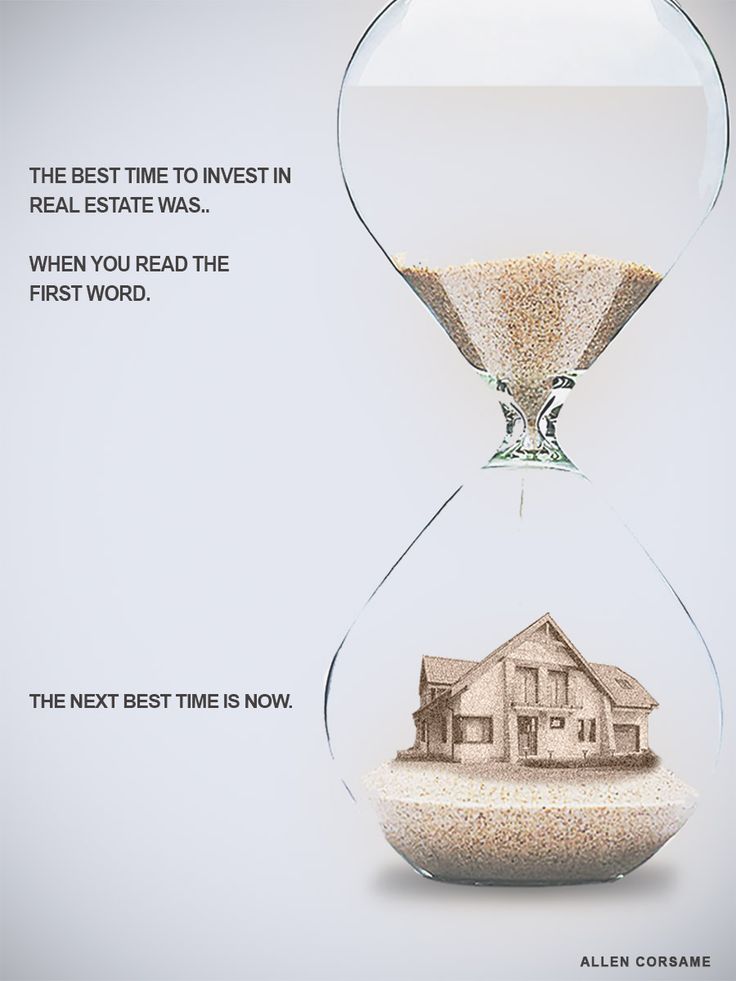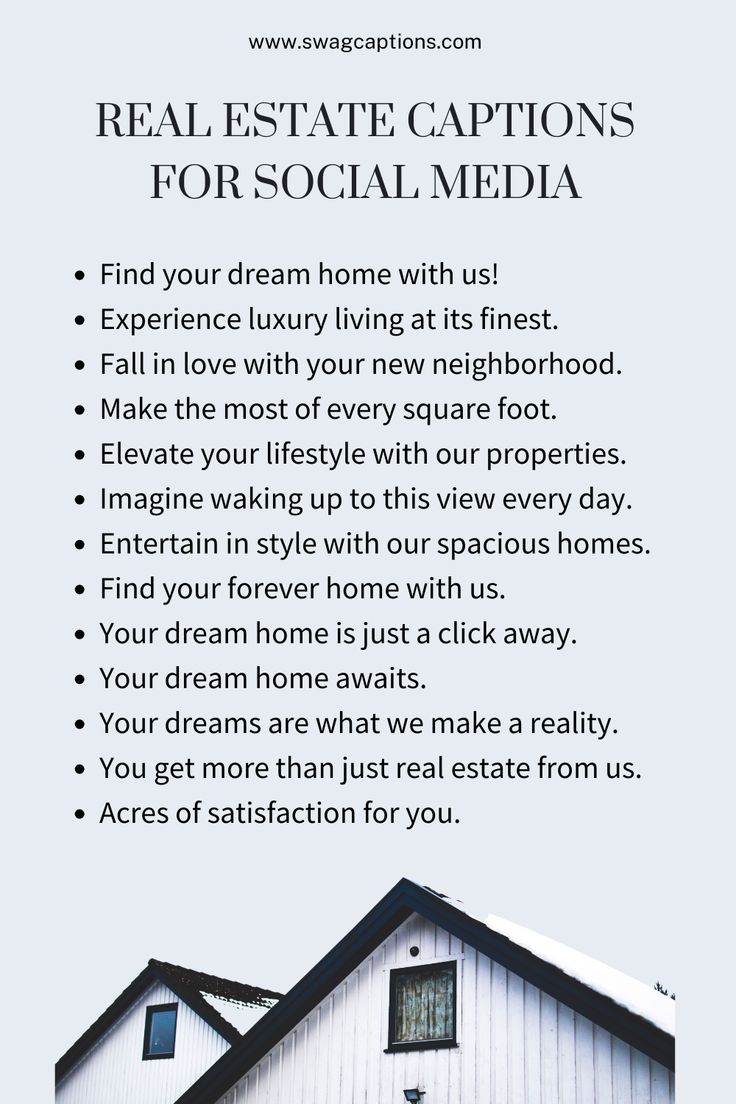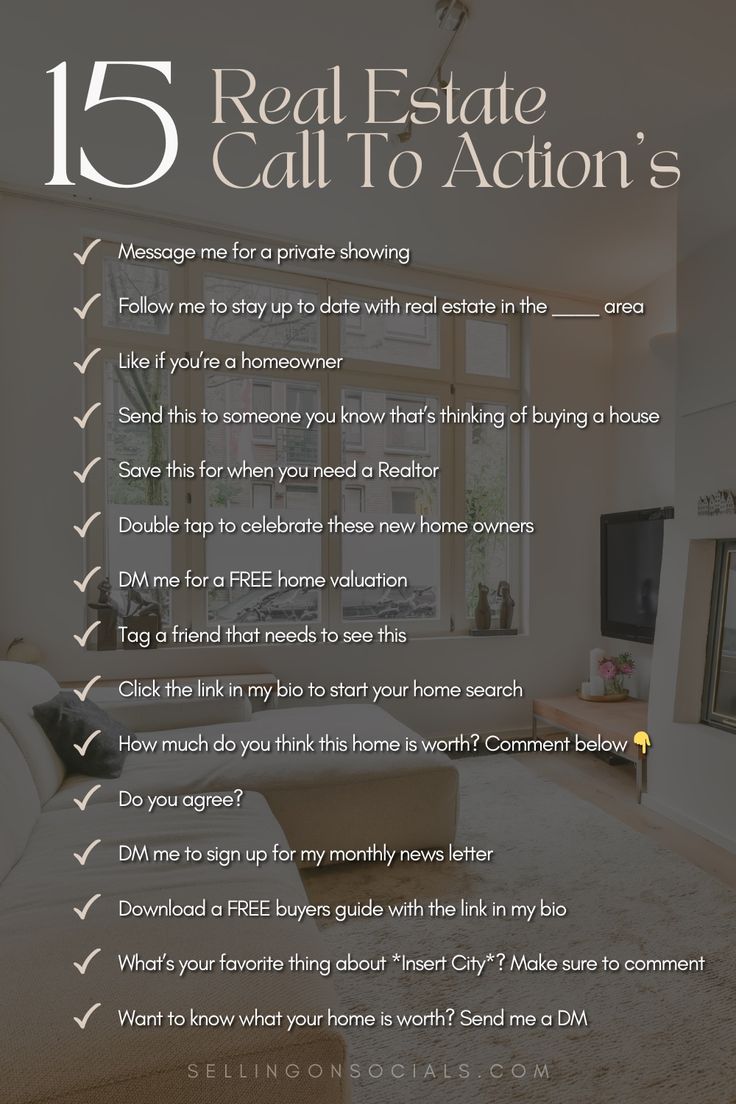If you’re diving into the world of real estate content writing, congrats! You’re about to embark on a journey filled with captivating home descriptions, inspiring blog posts, and the occasional “I swear this house isn’t haunted” reassurance.
Copywriting for real estate website isn’t just about slapping some words on a page and calling it a day. Content writing for real estate is about crafting a narrative that speaks to potential buyers, sellers, and renters while setting your site apart from the competition.
So, buckle up as we explore seven game-changing tips for real estate web content that’ll make your business website a hotspot for traffic and trust.
P.S. The tips shared below are not exhaustive and may require a professional freelance real estate copywriter to build onto them.
Best 7 Tips On Crafting Engaging Real Estate Website Content
Tip 1: Know Your Audience—And Speak Their Language
Before you type a single word, get to know your audience. Are you targeting first-time buyers nervously navigating their first mortgage?
Perhaps you’re catering to seasoned investors looking for their next flip. According to a top-rated real estate blog writer, “the tone you use for a millennial couple seeking a trendy city loft will differ wildly from that of retirees looking to downsize to a quiet suburban bungalow.”
So, tailor your real estate website content to resonate with their goals, challenges, and dreams.
Use language that feels natural—ditch the jargon unless your audience expects it. For example, a buyer doesn’t need to know the exact architectural term for a fancy window; they just need to know it’ll let in loads of natural light for their morning coffee.

Tip 2: Nail Those Descriptions—Make Them Shine
Let’s talk property descriptions, the bread and butter of a real estate website. A simple “3-bedroom house with 2 bathrooms” won’t cut it. You’re not selling a cardboard box; you’re selling someone’s future home.
To tackle this, we talked to a highly qualified property copywriter. They recommended the use of evocative language to highlight the property’s unique features. “A sun-drenched kitchen perfect for Sunday brunches” beats “the kitchen gets good light” any day.
But don’t cross into exaggeration—that tiny backyard isn’t “suitable for grand galas.”
And, as a real estate listing copywriter, be honest while still painting a compelling picture. And don’t forget to add a little local flavor. Mention nearby landmarks, schools, or parks that add value to the property.
Tip 3: Break Down the Website Into Digestible Sections
Real estate websites often have multiple sections—Buying, Selling, Renting, About Us, and more. Each deserves its own voice and focus. For the “Buying” section, guide visitors through the home-buying process like a friendly agent.
For “Selling,” showcase how your expertise ensures sellers get top dollar. Renting? Highlight ease and flexibility. Each section should not only be informative but also intuitive to navigate.
Use headers, subheaders, and maybe even a cheeky FAQ section for those burning “Is this property pet-friendly?” questions. A top-notch real estate copy writer makes it clear, “A well-structured website helps your readers find exactly what they need without wanting to chuck their device out the window.”
Tip 4: Make It Engaging and Unique—Skip the Snooze
Let’s face it: real estate copy writing has a reputation for being dry. Nobody wants to read an endless sea of cookie-cutter descriptions and clichéd phrases. Inject personality into your writing. Are you quirky? Witty? Warm and empathetic? Let it shine through!
Humor can be a great tool to make your content memorable—just don’t overdo it.
The goal is to be approachable and relatable without losing professionalism. For vintage or luxury real estate copywriting, you could share a quick anecdote or sprinkle in some real-life testimonials to humanize your brand.
And whatever you do, avoid copying your competitors—plagiarism isn’t just unethical, it’s boring.

Tip 5: How AI Can Be Your Best Friend
Cue the robots! AI tools are here to help—and no, they’re not coming for your job. Platforms like ChatGPT (hey, that’s me!) can help you brainstorm catchy headlines, optimize property descriptions, or even generate SEO-friendly blog ideas.
Staring at a blank screen trying to write a 500-word post on the “Top Tips for First-Time Buyers”? AI can help kickstart your creativity. It’s a tool to enhance, not replace, your unique voice. But don’t rely on it entirely. AI doesn’t know the soul of a neighborhood or the emotional pull of a home’s history—that’s all you.
P.S. Feel free to cruise through these real estate copywriting examples for inspiration!
Tip 6: Master the Art of SEO Without Sacrificing Soul
For a newbie property content writer, Search Engine Optimization (SEO) might sound scary, but it’s essential for driving traffic to your site. That said, no one’s impressed by a paragraph stuffed with keywords like “2-bedroom house for sale in Los Angeles.”
Write for humans first, algorithms second.
Use keywords naturally and sprinkle them throughout your content—in headlines, meta descriptions, and body text. Think of SEO as the seasoning to your writing recipe: too little, and no one finds you; too much, and it’s a disaster. Balance is key.
And don’t forget internal and external links to boost credibility and navigation.
Tip 7: The Do’s and Don’ts of Business Content Writing
To create the best real estate copywriting for a business site, clarity is king. Do use simple, direct language that’s easy to skim. Do focus on benefits over features—readers care more about how a property will improve their lives than about its square footage.
Don’t go overboard with industry lingo or hard-sell tactics. People can sniff out insincerity from a mile away. Instead, build trust by providing value. Think blog posts on market trends or guides to understanding escrow—content that positions you as an expert.
And please, for the love of all things digital, proofread! Typos and grammatical errors can sink even the most beautifully written page. (This is particularly true for commercial real estate content writer!)

Great Content Is Non-Negotiable – Content Writing for Real Estate
In real estate, your website is often the first point of contact. Great content writing for real estate websites builds trust, engages readers, and ultimately converts them into clients.
It’s your chance to say, “Hey, we’re not just here to sell; we’re here to help.” A well-written site signals professionalism, care, and a deep understanding of your audience’s needs.
It’s not just about filling up space; it’s about creating an experience that leaves readers thinking, “Yes, I want to work with these people.”
So, there you have it. Seven tips to turn your real estate website into a content powerhouse. Write your sales copy for real estate with your audience in mind, get creative, and use every tool at your disposal to craft words that inspire and inform.
And if all else fails, just remember: every house tells a story. It’s your job to tell it well.
Get FREE Advice – Real Estate Copywriting Services!
If you’ve got a real estate business website that could use some next-level SEO strategy with super engaging copywriting for real estate to unleash an influx of fresh leads, write to us @zyadhaka0@gmail.com or connect on LinkedIn: Real Estate Copywriter – Zyad Haq






